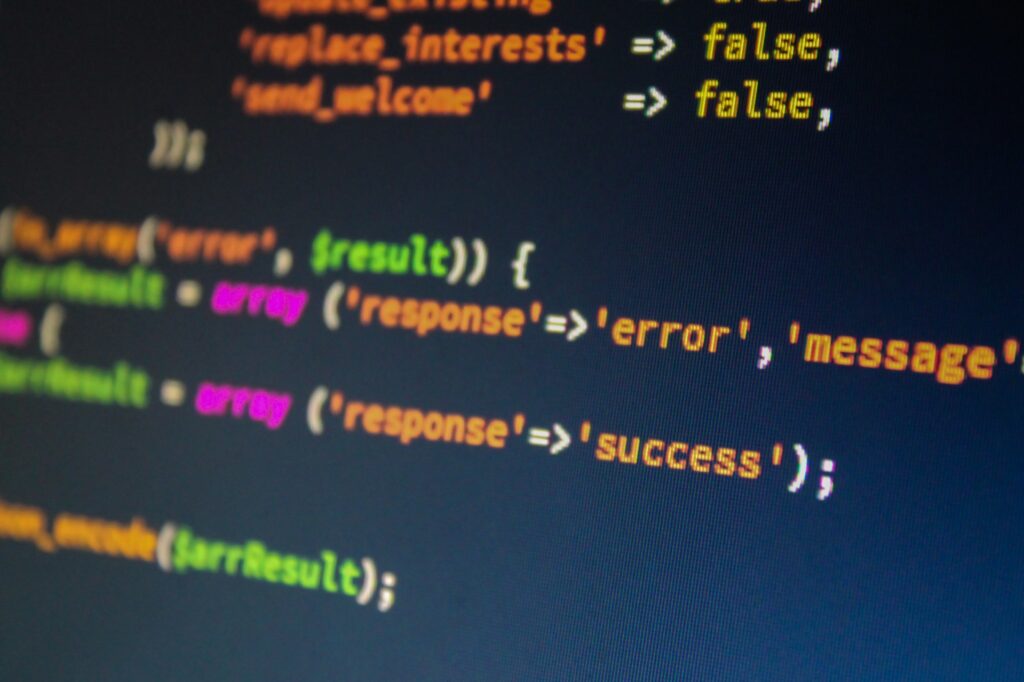
Why Programming Languages Don’t Carry a Price Tag: Unleashing the Power of Code
In a world where everything seems to have a price, programming languages stand out as a remarkable exception. Unlike tangible products, software programming languages can be acquired freely, without any financial burden. This peculiar phenomenon has puzzled many, prompting the question: Why do programming languages not cost money? Let’s embark on a journey to unravel the reasons behind this intriguing aspect of the programming realm.
The Nature of Intellectual Property:
One of the fundamental reasons why programming languages don’t come with a price tag lies in the nature of intellectual property. Programming languages, at their core, are tools that enable humans to communicate with computers effectively. As such, they are considered more as inventions or discoveries rather than tangible goods subject to traditional market forces.
Take, for instance, spoken languages. We don’t have to pay for the privilege of speaking English or French because languages are a fundamental aspect of human communication and knowledge sharing. Similarly, programming languages serve as vehicles for expressing instructions to computers, allowing developers to create software. Just as we freely share spoken languages to foster communication, programming languages are often open and freely distributed to promote innovation and collaboration in the programming community.
The Power of Open Source:
One of the driving forces behind the free availability of programming languages is the concept of open source software. Open source refers to the practice of making the source code of a software program freely available for anyone to study, modify, and distribute. Many popular programming languages, such as Python, JavaScript, and Ruby, have emerged as open source projects.
The open-source philosophy fosters a sense of community and collaboration, where programmers from around the world contribute to the development and improvement of programming languages. This collective effort results in robust and feature-rich programming languages that cater to a wide range of needs. By allowing anyone to access and modify the code, open source programming languages promote innovation and ensure a continuous evolution of the language itself.
Market Dynamics and Ecosystems:
Although programming languages themselves are free, the broader software development ecosystem surrounding them is not. Companies and individuals build products and services around programming languages, offering tools, libraries, frameworks, and support services for a fee. These complementary offerings create a thriving marketplace where developers can access specialized tools and expertise to enhance their programming experience.
Consider the analogy of a carpenter’s tools. While the carpenter may learn and practice the trade without incurring any costs for basic tools, specialized equipment like power saws or high-end chisels may come with a price tag. Similarly, developers can learn and use programming languages for free, but certain advanced libraries or tools designed to optimize performance, boost productivity, or address specific domains may require a financial investment.
Knowledge Sharing and Education:
Another reason why programming languages are freely available is to foster knowledge sharing and education. With the rise of the internet and online learning platforms, accessing programming resources and tutorials has become more accessible than ever before. This democratization of knowledge allows aspiring programmers to learn and experiment with different programming languages without the barrier of cost.
By removing financial barriers, programming languages empower individuals from diverse backgrounds to explore the world of coding. This inclusivity is crucial for nurturing talent, fostering innovation, and driving technological progress. Free availability of programming languages enables aspiring developers to gain the necessary skills and contribute to the ever-expanding digital landscape.
Conclusion
Programming languages, despite their immense power and utility, do not come with a price tag due to a combination of factors such as the nature of intellectual property, the open-source movement, market dynamics, and the emphasis on knowledge sharing and education. These factors have enabled programming languages to become freely accessible tools, propelling innovation, collaboration, and the growth of the programming community.
As we continue to witness the remarkable advancements in software development, it is crucial to appreciate and support the open and collaborative nature of programming languages. Embracing this ethos ensures that the coding world remains vibrant, inclusive, and accessible to all, nurturing the next generation of programmers and driving technological breakthroughs that shape our world.